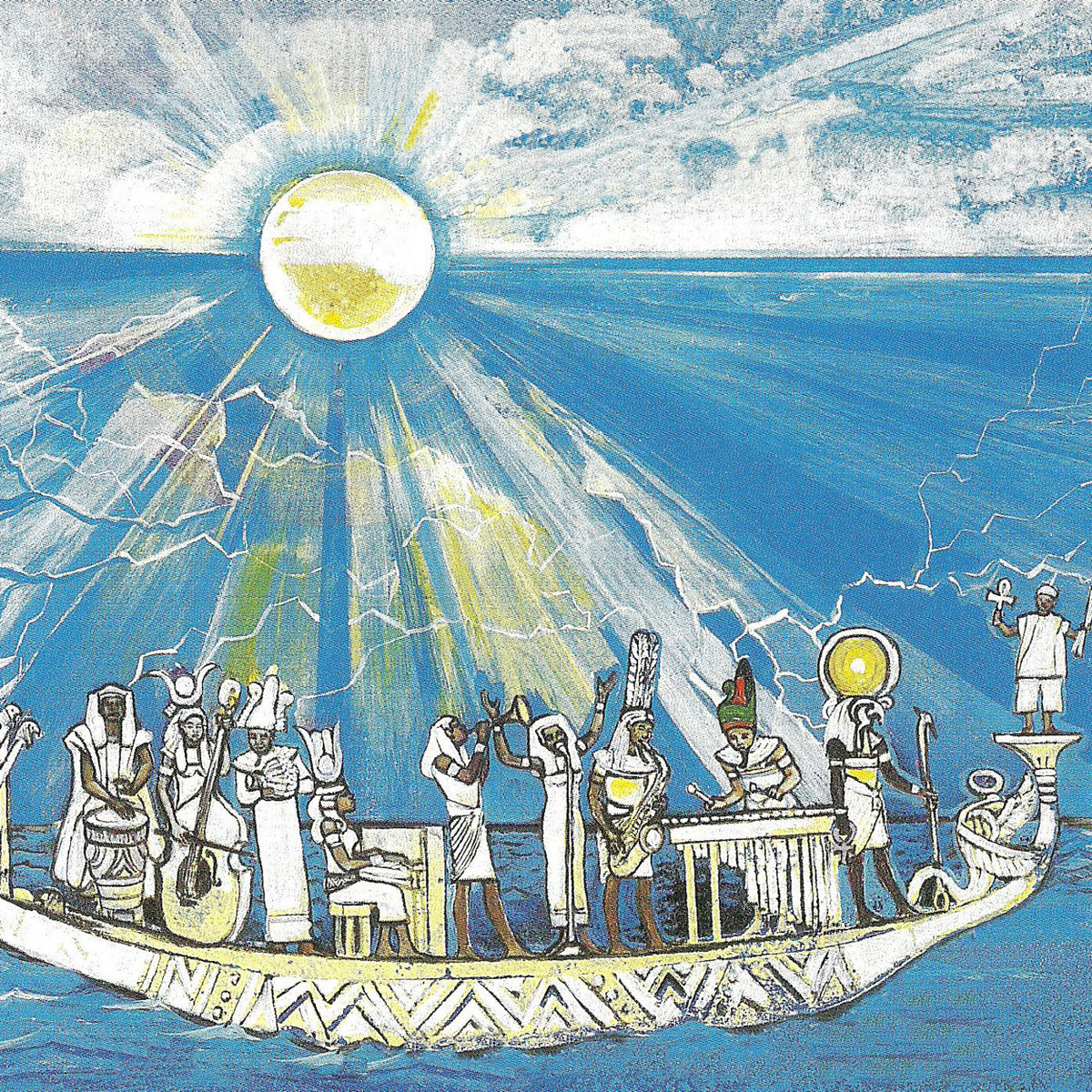On my first encounter with Lon Moshe & The Southern Freedom Arkestra, I was immediately drawn to the group’s 1977 album title, Love Is Where the Spirit Lies. The difficult task of dealing with a fringe, complex, and sought-after album feels like encountering a big tree with old roots and wanting to explain how the tree got so big. I was quite curious about the people behind this title, as well as the histories. traditions and philosophies that produced them.
Strut Records has really done a much-needed public service with this first-ever international reissue that digs deep into Black Fire’s catalog. This collection features a beautiful and affirming reservoir of spiritualists, teachers, musicians and revolutionaries, including Lon Moshe. The vibraphonist was described by friend and bandmate Plunky Branch as an avant-gardist who loved Tribe, Strata-East, and Sun Ra. Moshe’s unorthodox high energy, creativity, and theatre are some of his most befitting descriptions in this work.
This album’s visual principles are localized, largely stemming from the contributions of musicians within the Black Fire stable. It is a product of Moshe’s genius as well as the people who are present in its making. Moshe was described as someone who loved how music functioned in the community, recognizing its utility in organizing class interests. He believed in music’s material capacity to communicate issues, ideology, and criticisms of imperial logic. The album’s aesthetic practice of centering narrative also features, for example, the declarative words of poet Ngoma Ya Uhuru in “Prayer for Saude,” the album’s opening track: “We face East to the creator, our old-time religions lost in centuries past.” Uhuru’s verse shows a reading of place in the world, and an acknowledgment of cosmologies that existed before Western influence. The timelessness of this album isn’t simply the invoked spirituality, nor is it the groove, funk, and beautiful tone of the music — it is the album’s politics, and how Love is Where the Spirit Lies clearly stands for the deliberate, defiant, and confident soul of Black southerners everywhere.
Even the band’s name shows intent, as Lon Moshe & The Southern Freedom Arkestra reminds me of the South African exiled group, Joe Malinga & the Southern African Force. In Moshe’s case, Plunky explained how this album sprouts out of the sorrows and angering injustices that face the U.S. South. It carries this region’s tradition of resistance and blends in the rhythms, politics, and spiritual practices of South African native Ndiko Xaba, who plays percussion, conga, and bells on this album.
“Survival Raga #9” has a directness of lyricism — “we must be movement struggling against death” — that reflects the energy of Juju Raga artist house, a space dedicated to music education and community. The track embodies motion, moving through and against anti-black racism, insisting that “we must be life.” It pushes against the material world constructed by white supremacy and defies its mandatory, carved-out dominance. In these words, Amiri Baraka’s articulation of art as the weapon in the struggle of ideas finds another lifeline. Moshe — having grown up in Southern Illinois, the South of Chicago, one of the epicenters of racial injustice in the United States of America — and his contemporaries must, therefore, respond to their experiences through sound, improvisation, and the surrealist association of like-minded people who commit to knowledge and self-determination. To some extent in Love is Where the Spirit Lies, we see that Black existentialism can be a sonic practice.
Much of this album’s conceptual approach strives for collectivity through arrangement and reference. This is clear in the album’s eponymous track led by Eka-Eta Jackie Lewis’ soulful ethereal vocals, which stylistically aligns with the long and tender genius of the vocal luminary Jean Carn. Its collective ambition is also evident in the beautiful reference “Ballad for Bobby Hutchinson,” a track that immediately brings the listener to a core consciousness created by Hutchison’s characteristically dream-like vibraphone arrangements. For Moshe, the album’s theme of love is a recognition of living as a dialectic experience. The album creates an experience of relating to one another as we strive towards a vision of oneness — where Moshe’s sound becomes a collective study.

